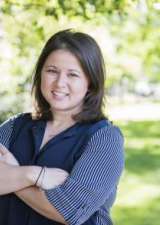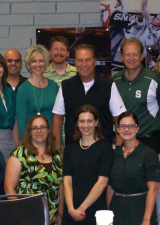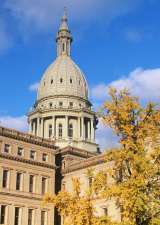Lifespan Human Development and Family Diversity Program Overview
Students will integrate both areas, lifespan and diversity, by developing a focus on the balance of individual, family, and community. Both areas are particular HDFS department strengths and faculty expertise, as well as being of considerable practical import and relevance. A Lifespan Human Development focus enables students to appreciate both the continuity and change of physical, cognitive and social/personality dimensions of individual development while directing that understanding to the practical and compelling practical issues of individuals in families and communities. A Family Diversity focus emphasizes the unique strengths of the diverse families in the national and international arena, strengths which facilitate effective problem solving and adaptation of families in communities. Both provides opportunities for students for both cutting edge research and academic careers as well as careers in government and social policy.
Graduate Degrees
- Master’s Degree in HDFS with a Lifespan Human Development and Family Diversity emphasis, Plan A, Thesis
- Students complete a 30 credit Master’s degree in preparation for continued study in a doctoral program. The Plan A or research emphasis program includes the completion of a thesis.
- Master’s Degree in HDFS with a Lifespan Human Development and Family Diversity emphasis, Plan B-Professional Focus (non-thesis)
- Students complete a 30 credit Master’s degree with a focus on applied practice or policy development, including work in government, business or foundations.
- PhD Degree in HDFS with a Lifespan Human Development and Family Diversity emphasis
- Students complete a rigorous and focused program of study which prepares students for cutting-edge research in a university or a public/private research organization.
Undergraduate Degrees
The HDFS degrees prepares graduates to work in human service agencies serving children, youth and adults responding to the needs of an increasingly diverse society. Students can choose a Bachelor of Arts or a Bachelor of Science. Both degrees are approved by the National Council on Family Relations for certification as a Family Life Educator upon meeting all the requirements.




